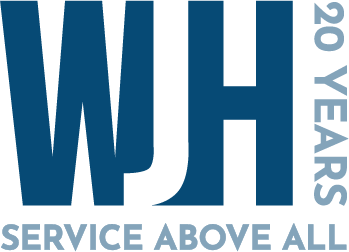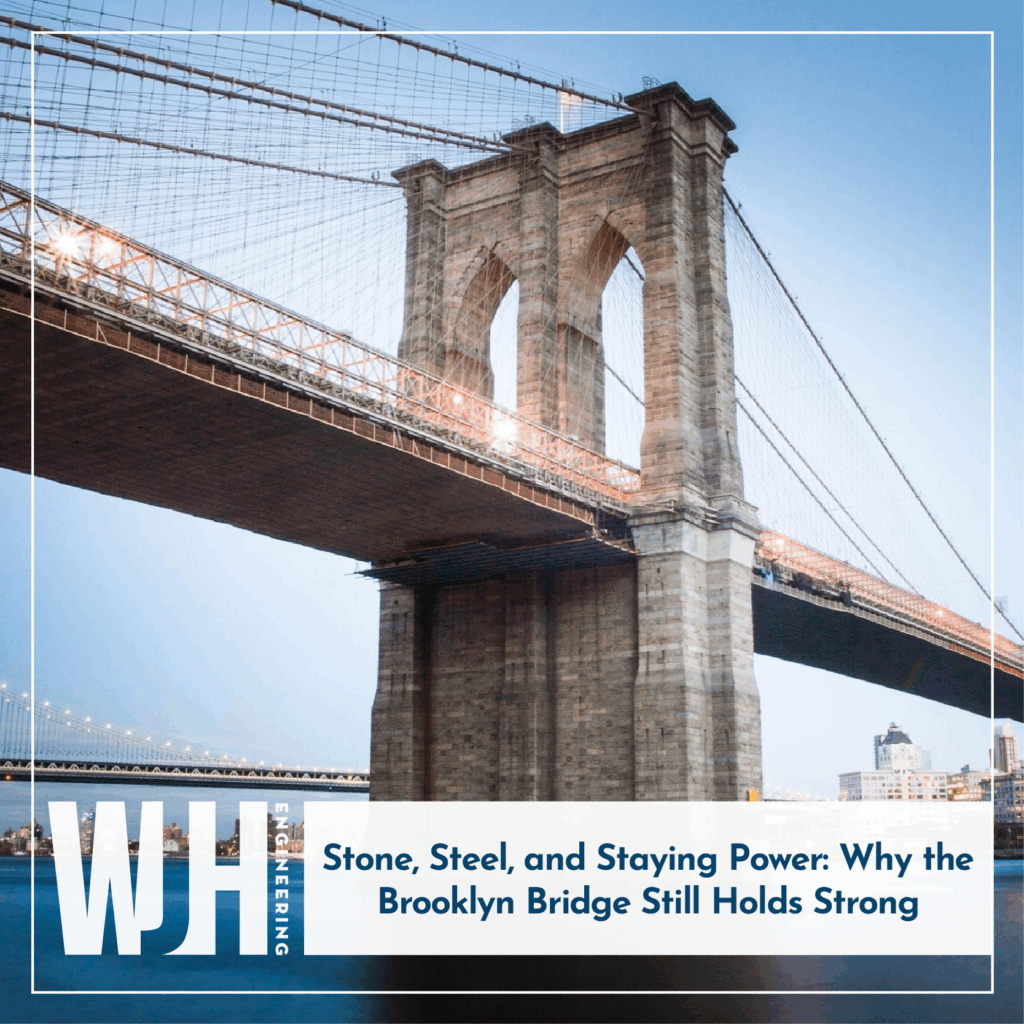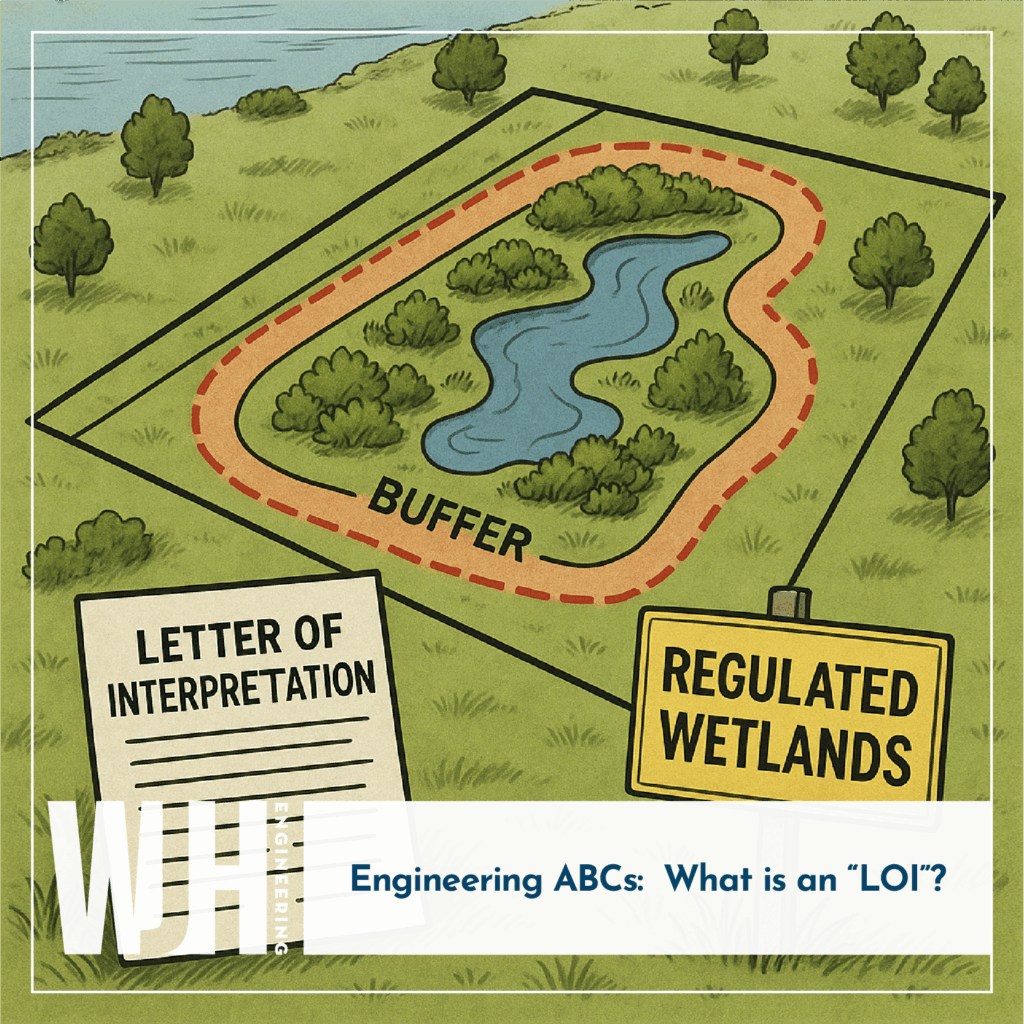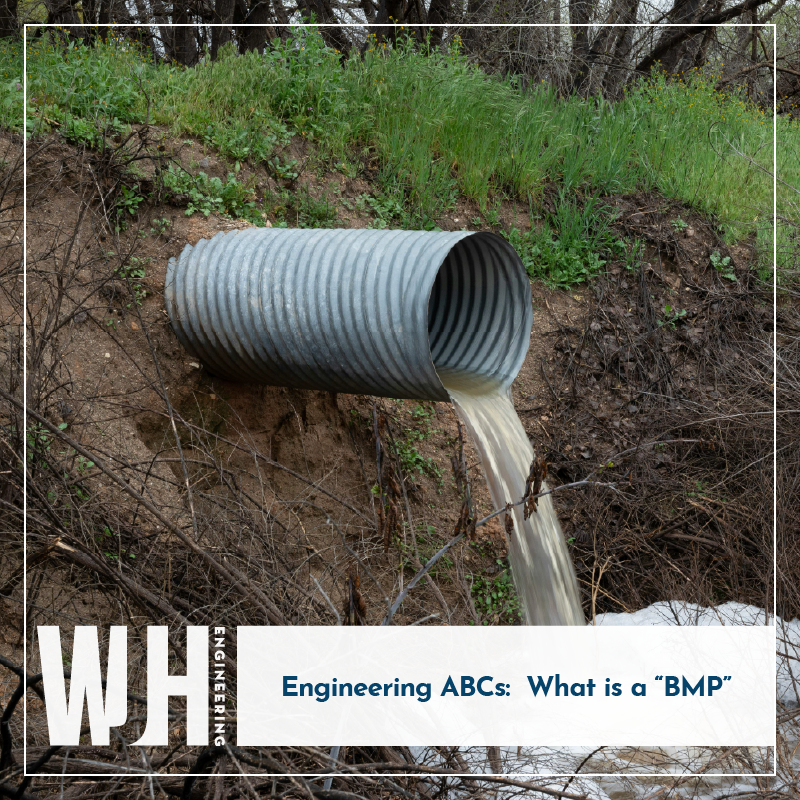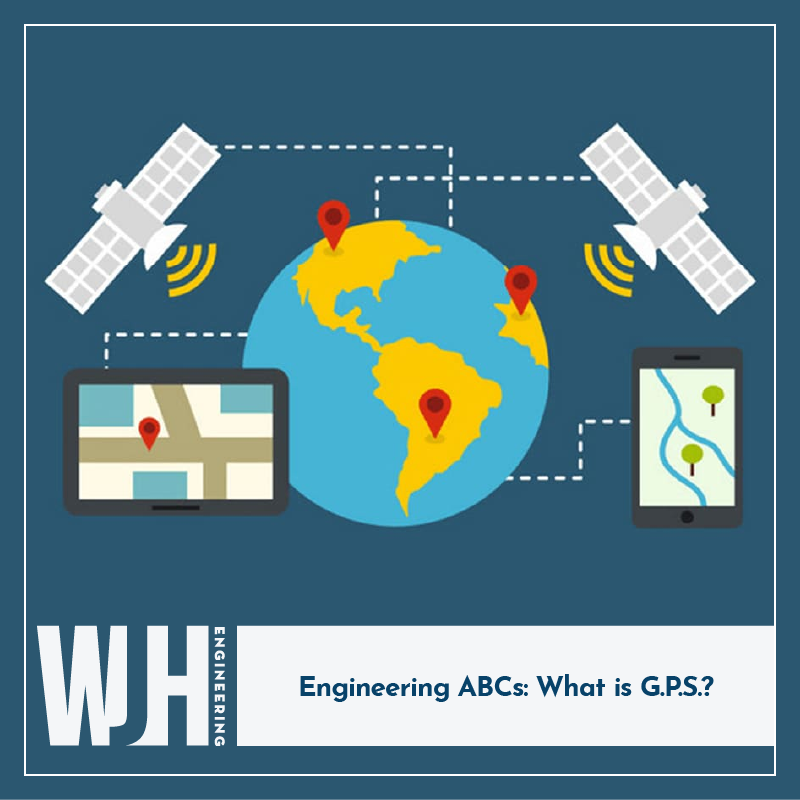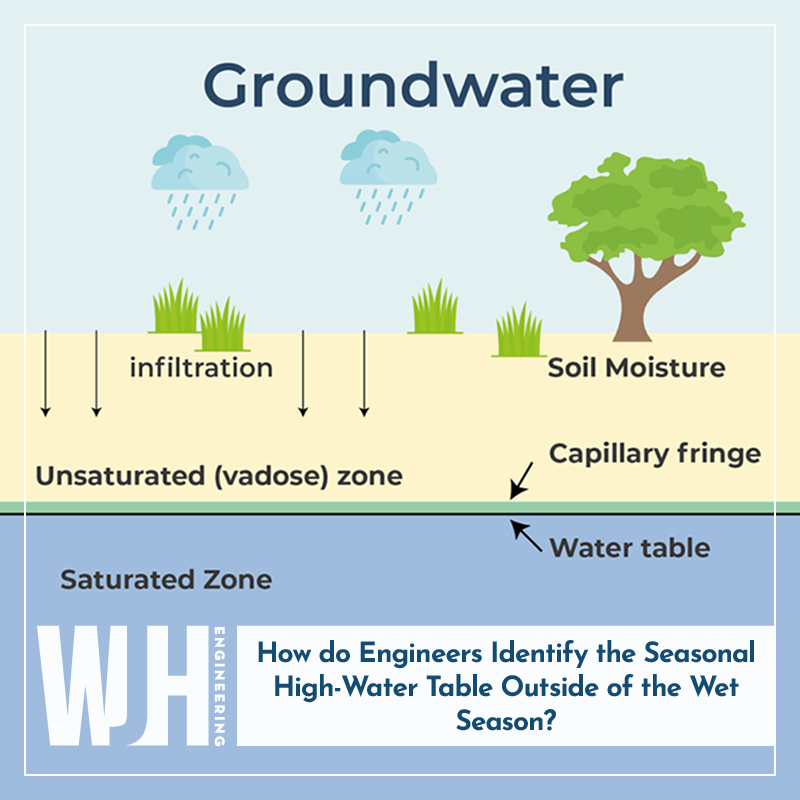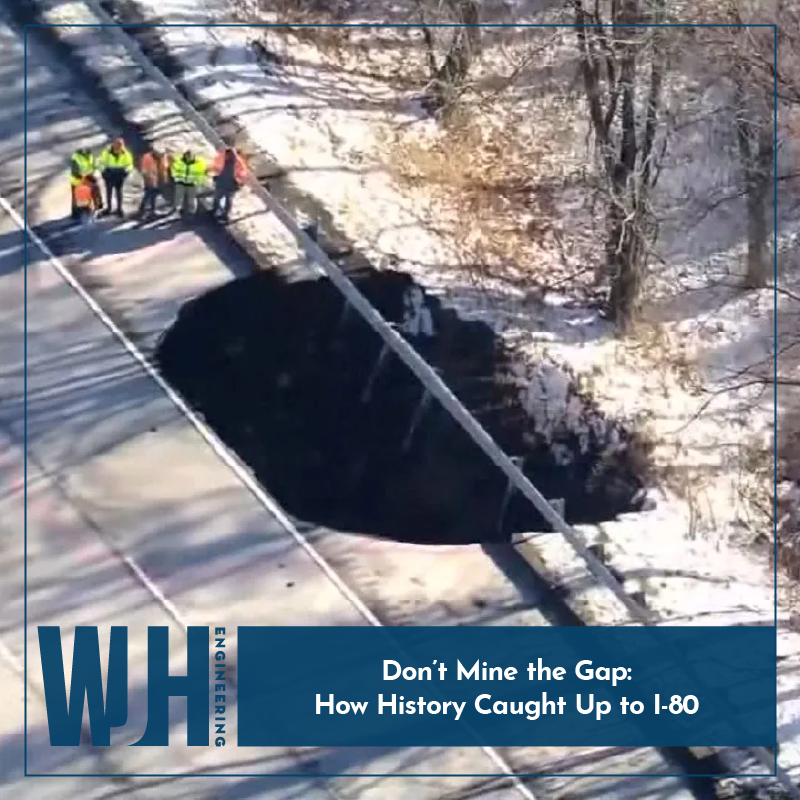
Don’t Mine the Gap: How History Caught Up to I-80
In December 2024, drivers near Wharton, N.J. were stunned as a 40 × 40 ft sinkhole abruptly opened along I-80’s eastbound shoulder. A second depression appeared in February, and a third crater opened in mid-March, fully halting traffic in both directions. Engineers investigated the cause of these sinkholes, and many were surprised to find a vast network of abandoned mineshafts
